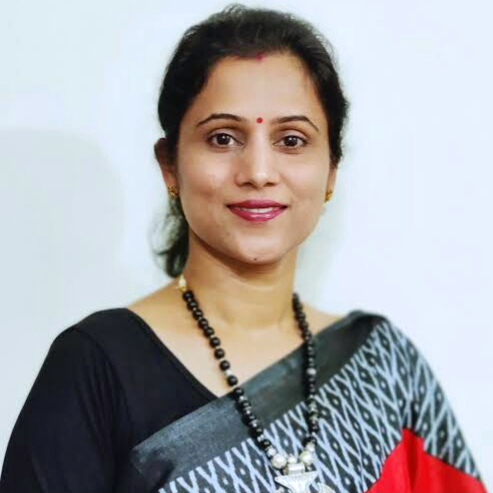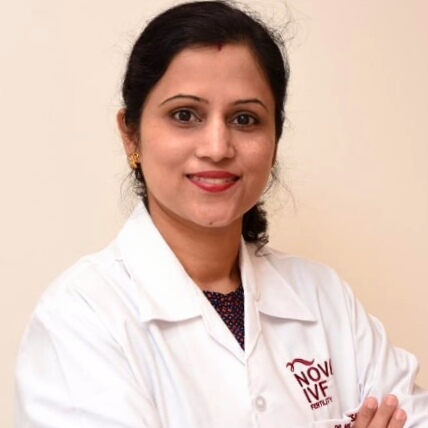
Author: Dr. Nisha Pansare, Fertility Consultant, Nova IVF Fertility, Pune
MUMBAI, 1st OCTOBER, 2020 (GPN): Ladies, do you know that nutrition and fertility are interconnected. Adopting healthy lifestyle changes can be beneficial for us women even before conception. While people tend to link age and certain medical conditions with fertility issues, you will also be surprised to know that factors like diet, weight, smoking, and alcohol intake, can also impact how fertile one is. Here, we tell you how diet affects one’s fertility.
The right kind of nutrition plays a pivotal role in whether you want to lose weight, improve heart health, or boost your fertility, or keep any other health problems away. Yes, you have heard it right! Those couples wanting to embrace parenthood should take care of what goes into their significant other’s mouth. Did you know? Diet in women, affects fertility via ovulation. Problems with ovulation, which is the process wherein a woman’s egg become available for fertilization, every month tend to represent around a quarter of all infertility cases. It is imperative that proper hormonal function is needed for successful ovulation. Thus, a poor diet can be a culprit which can lead to hormonal imbalance. Know what you must eat and avoid.
This is what you must eat or delete:
- The golden rule is to cut down foods or drinks loaded with sugar (refined carbohydrates), along with foods high in ‘trans fats’ (that are baked or fried, or even margarine), that can increase your insulin levels and hamper your ovulation process. Reduce excessive fruit intake that are loaded with sugar. Also, avoid sugary and aerated drinks.
- Substitute junk, processed, oily, and spicy foods with vegetables, eggs, and whole grains. Eat foods with omega-3 fatty acids like flaxseed, fish oil, salmon, sardines, , beans, lentils, avocado, soya, olive oil and even walnuts that help aid your ovulation process. Omega-3s and antioxidants can help protect your eggs from further damage and enhance your egg quality. Others, like Vitamin B and folic acid, are key to fertility and can be helpful in having a healthy pregnancy.
- For all the seafood lovers, some of the fish with the highest mercury content are mackerel, swordfish, and tuna that should be avoided eating. Instead, eat shellfish that are dense in zinc, and salmon, which rich in omega-3.
- Elevated consumption of caffeine leads to subfertility.
- Maintain an optimum weight as eating junk food can invite obesity, further impacting your fertility. Consuming fast food jam-packed with trans-fats has been tied to ovulation-related fertility issues, while processed foods have been found to have a negative impact on fertility as well.
- Folic acid is also an important micronutrient and helps decrease the risk of foetal abnormalities. Folic acid is not only beneficial to the woman, but also to the husband as it may help improve the sperm count.
- Choose foods like spinach, tofu, beans, pumpkin, tomatoes, and beetroot to enhance your iron intake. It is known that any food rich in iron content helps lower risk of ovulatory infertility.
Takeaway: Nutrition Diet is imperative for both the men and women. Sperm quality should also be taken into consideration by the couple while try to conceive. There are certain nutritional deficiencies and also a few chemicals that could cause damage to your health. Thus, adhering to a well-balanced diet can promote the healthy quality of the sperms. Including Zinc, antioxidants, Vitamin C, and selenium in the diet can be a good idea. ENDS


Be the first to comment on "A Woman’s Guide to Fertility and Nutrition By Dr. Nisha Pansare, Fertility Consultant, Nova IVF Fertility, Pune"